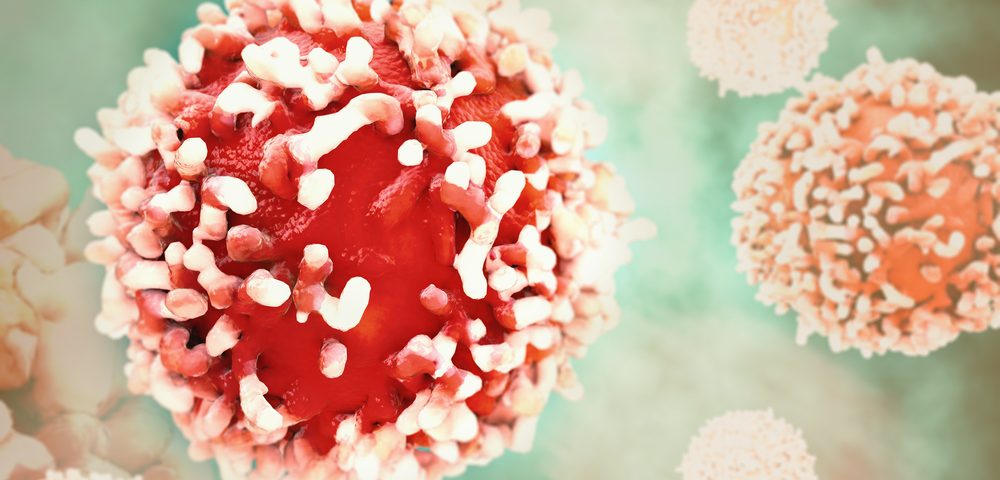Nanobiotix’s NBTXR3, a compound designed to increase the efficiency of radiotherapy, also has the ability to make a tumor responsive to immunotherapy, the company reported.
A lot of research these days is focusing on how to turn an unresponsive or cold tumor into one that’s hot, or responding to immunotherapy. NBTXR3’s ability to do this, along with other advantages, could lead to it becoming a backbone of immuno-oncology, the company argued. The other advantages include the drug’s solid safety profile and the fact that it can be administered as a one-time injection, Nanobiotix said.
The company discussed the therapy at the 2017 Immunotherapy workshop in Bethesda, Maryland, June 15 and 16. The session was titled “Incorporating Radiation Oncology into Immunotherapy.”
NBTXR3 is in clinical trials that are evaluating its potential to treat several kinds of cancer. The company developed the drug to increase the amount of radiotherapy that can be delivered to a tumor. It consists of hafnium oxide nanoparticles injected straight into the cancer.
Nanobiotix researchers presented data from both humans and mice at the workshop.
A Phase 3 clinical trial (NCT02379845) covered patients with soft tissue sarcoma, or cancer of connective tissue. It showed that a combination of NBTXR3 and radiotherapy prompted three types of immune cells to infiltrate the tumor: two kinds of T-cells and dendritic cells. Patients who received radiotherapy only had no immune response.
The migration of the immune cells was accompanied by increased activity in adaptive immunity genes. Adaptive immunity responses are slower to develop than other responses but pack a punch when they do.
While researchers said the data needed validation, the findings indicated that NBTXR3 could be used in combination with cancer treatments that target the immune system.
Nanobiotix researchers also reported that NBTXR3 triggered the development of large zones of bleeding inside tumors. No such changes were seen in tumors treated with radiation only. The bleeding indicated that NBTXR3 could change the tumor micro-environment in a way that enabled immune cells to travel into the tumor tissue, researchers suggested.
The team used mice to examine the treatment’s abscopal effect. That involves the treatment of one tumor leading to the shrinking of a distant tumor.
Researchers implanted mice with two tumors, one on each flank. One side was treated either with a combination of NBTXR3 and radiotherapy or radiotherapy alone. The other side was left untreated.
Distant tumors shrank only when mice received the combination treatment. Radiotherapy alone impacted only the treated tumor, not the distant one. Further studies showed that a combination of NBTXR3 and radiotherapy led to T-cells and other immune system cells known as macrophages infiltrating both treated and untreated tumors.
The results suggested that NBTXR3 can trigger an immune response toward cancer. In contrast with targeted treatments, such as checkpoint inhibitors, its actions are broader-based — which is one of its strengths, the company said.
The findings could prove useful in developing treatments for both local cancer and metastases, or those that have spread to other parts of the body, the researchers said.
Nanobiotix previously showcased its radiotherapy enhancer’s ability to trigger immune responses in a proof-of concept study in 2016. And it announced trial data demonstrating the compound’s immunogenic properties in May 2017.
The immunotherapy workshop was sponsored by the American Society of Radiation Oncology, the National Cancer Institute and the Society for Immunotherapy of Cancer.


